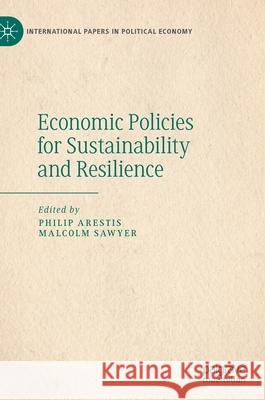Economic Policies for Sustainability and Resilience » książka
topmenu
Economic Policies for Sustainability and Resilience
ISBN-13: 9783030842871 / Angielski / Twarda / 2021 / 394 str.
Kategorie:
Kategorie BISAC:
Wydawca:
Palgrave MacMillan
Seria wydawnicza:
Język:
Angielski
ISBN-13:
9783030842871
Rok wydania:
2021
Wydanie:
2021
Numer serii:
000312271
Ilość stron:
394
Waga:
0.66 kg
Wymiary:
21.01 x 14.81 x 2.54
Oprawa:
Twarda
Wolumenów:
01
Dodatkowe informacje:
Wydanie ilustrowane











